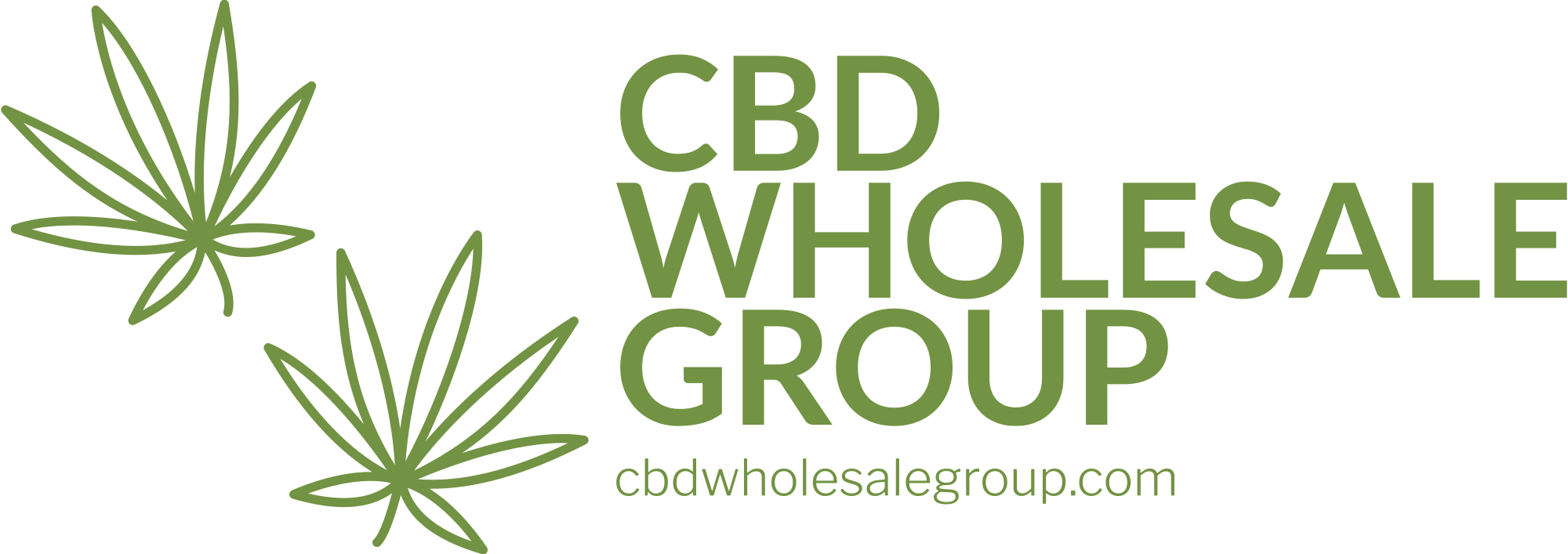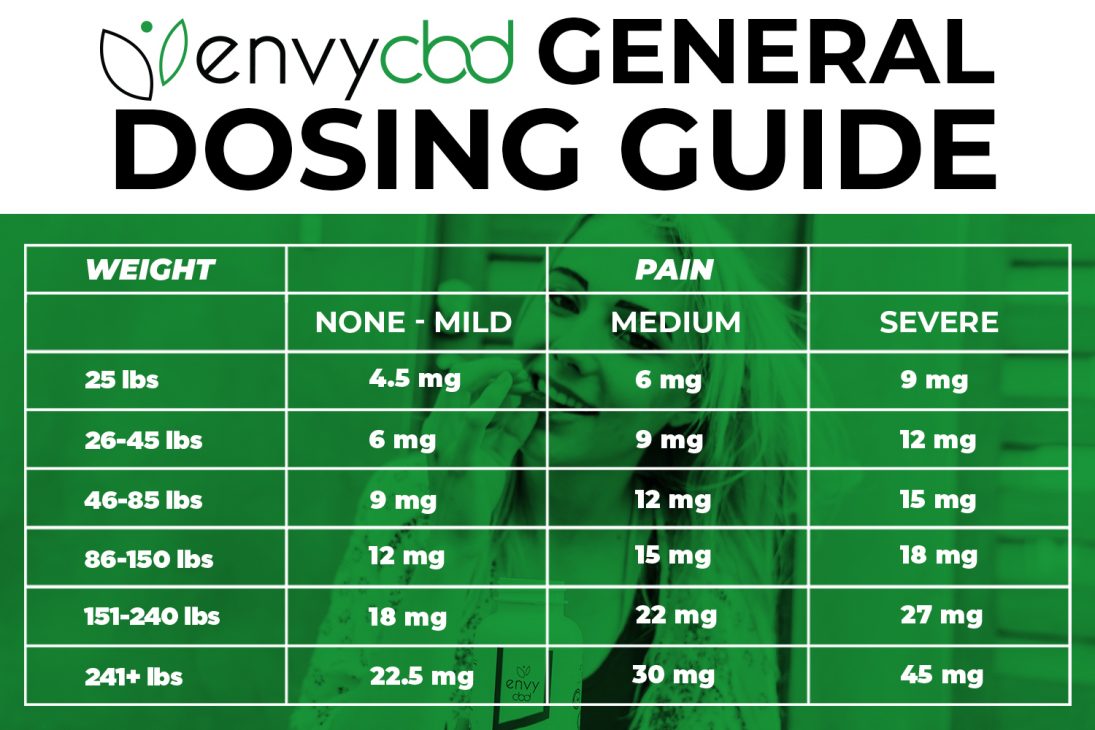Dosing CBD tincture depends on many factors, including the potency of the tincture and your metabolic rate. Ultimately, your experience with CBD also matters, determining how you respond to CBD tinctures. Here is everything you need to know about dosing CBD tinctures.
CBD tinctures are one of the several deliverable methods you can opt for to benefit from the cannabinoid. Although they are bitter, they help you feel the effects of CBD faster because of their high bioavailability and fast absorption rate. If you anticipate taking CBD soon, you may want to start with CBD tinctures. Still, one big question remains a matter of concern- how does one measure out CBD dosage? There is no hard and fast rule on dosing CBD tinctures, but this article shares thoughts on how you can make your work easy with CBD tinctures.
Understanding CBD and CBD Tinctures
Before delving into CBD tinctures and how to measure out their dosages, you certainly want to know what they are. What is CBD, and has it fast climbed the popularity ladder? CBD is a non-psychoactive component of cannabis plants. Cannabis plants, especially hemp and marijuana, have many active compounds collectively called cannabinoids which have different properties. CBD is similar in structure to THC, a psychoactive cannabinoid, but how the molecules are arranged differs, leading to its non-psychoactive effect.
CBD is a powerful compound, but it is not absorbed into the body as it is. As such, CBD manufacturers make it into different deliverable methods the body can absorb, and CBD tinctures are among them. CBD tinctures are alcohol-based CBD delivery methods that allow fast absorption and enhanced bioavailability of CBD. However, they are bitter, and one has to take them with drops of honey or clear the mouth with mints and gummies after sublingually administering the tinctures. Still, they are great for delivering CBD oil to the body faster for quick results.
Why Take CBD Tinctures?
Why do people take CBD tinctures? It is interesting that no studies have proven that CBD tinctures can treat any disease, but more and more people take it for inflammation, pain, and sleep, among other challenges. Murillo-Rodriguez et al. (2014) noted that CBD might influence one’s sleep-wake cycle, suggesting it might be good for sleep. Elsewhere, Garcia-Gutierrez et al. (2020) noted that CBD might help with anxiety, stress, and depression, and many take the cannabinoid for these very reasons. Besides, Baswan et al. (2020) reported that CBD might be good for the skin since it seems to help with inflammation. Many people suffer chronic pains, and since research like Überall (2020) suggests that it might help with chronic pain, they opt for CBD tinctures, although studies have not proven the claims true.
How Do You Dose CBD Tinctures?
While you may want to explore the benefits of CBD because of its bioavailability and fast absorption, you might find it challenging to dose the tinctures, a challenge other CBD fans have to contend with. CBD studies are limited, and no research has focused on elaborating more on how to go about measuring CBD dosages. As though that’s not enough, the FDA does not control CBD production, so it does not offer guidelines on dosing CBD tinctures. If anything, Epidiolex is the only FDA-produced and approved cannabis-derived medication the FDA controls. Other health bodies and firms have equally not shared ideas on the recommended CBD dosages, partly because of the limited CBD research. How, then, does one go about dosing CBD tinctures?
Visit Your Doctor
Because of the limited CBD studies and the many uncertainties surrounding CBD tinctures, including their long-term safety, we don’t recommend CBD tinctures for treating, diagnosing, or curing any disease. In fact, other CBD brands also recognize that there is not enough information about CBD tinctures and their different delivery methods. If you have to take CBD for inflammation, pain, sleep problems, anxiety, or any challenge, see a doctor first. Consulting with a doctor helps you know how much CBD you can take as you start out the cannabinoid regime. Of course, you might not need frequent prescriptions but seeing a doctor as you anticipate joining the CBD bandwagon is critical. It is worth noting that many factors come to play in determining the right CBD tincture dosage.
CBD Potency Matters
The potency of CBD tincture matters in determining the tincture’s dosage. For instance, if your daily CBD target is 100 mg, you might need 4- 25 mg CBD servings. Meanwhile, if a drop of CBD tincture delivers 50 mg CBD, you might need a drop in two sessions. Most people want high CBD potencies to lower the dosages, but you might want to go slow on potencies as you start the CBD bandwagon.
Body Composition Comes to Play in Dosing CBD Tinctures
If you want to take CBD tinctures and wondering how to dose them, consider your body composition to get a rough idea of what to do. People with higher metabolism might need low CBD dosages, but you might be ok with higher dosages if you metabolize CBD fast. Besides, heavyweight people may need more CBD tinctures than lightweight individuals.
Consider Your Experience with CBD
A doctor will likely ask you about your CBD experience when recommending the right dosages for the cannabinoid. Generally, CBD veterans with years of experience taking CBD might be ok with high doses of CBD tinctures. Meanwhile, if you are starting the CBD regimen, you might need to go slow on the CBD dosages and potency.
When Should You Up Your CBD Tincture Dosages?
Among the many questions CBD fans ask about CBD tinctures is when to up the dosages. As a rule of thumb, you should always consult your doctor when contemplating to pin the CBD bandwagon and when upping the dosages. Besides, you can track CBD tincture dosage and the body response in 2-week intervals before settling to increase the CBD dosages. Allowing enough time to see how the body responds to particular CBD dosages helps you make informed choices about adjusting the dosages.
Conclusion
CBD tinctures are CBD deliverable methods that many CBD users prefer for their ability to deliver the cannabinoid to the system faster for quick results. Still, they are bitter because of the alcohol base, and one has to contend with this. There are no black and white guidelines on taking CBD tinctures but consulting your doctor helps you measure the doses. Besides, factors like the potency of the CBD tincture and your body composition come to play in determining the right CBD dosages.
References
Baswan, S. M., Klosner, A. E., Glynn, K., Rajgopal, A., Malik, K., Yim, S., & Stern, N. (2020). Therapeutic Potential Of Cannabidiol (CBD) For Skin Health And Disorders. Clinical, Cosmetic And Investigational Dermatology, 13, 927–942. Https://Doi.Org/10.2147/CCID.S286411.
García-Gutiérrez, M. S., Navarrete, F., Gasparyan, A., Austrich-Olivares, A., Sala, F., & Manzanares, J. (2020). Cannabidiol: A Potential New Alternative For The Treatment Of Anxiety, Depression, And Psychotic Disorders. Biomolecules, 10(11), 1575. Https://Www.Mdpi.Com/895884.
Murillo-Rodríguez, E., Sarro-Ramírez, A., Sánchez, D., Mijangos-Moreno, S., Tejeda-Padrón, A., Poot-Aké, A., Guzmán, K., Pacheco-Pantoja, E., & Arias-Carrión, O. (2014). Potential Effects Of Cannabidiol As A Wake-Promoting Agent. Current Neuropharmacology, 12(3), 269–272. Https://Doi.Org/10.2174/1570159X11666131204235805.
Überall, M. A. (2020). A Review Of Scientific Evidence For THC: CBD Oromucosal Spray (Nabiximols) In The Management Of Chronic Pain. Journal Of Pain Research, 13, 399. Https://Www.Ncbi.Nlm.Nih.Gov/Pmc/Articles/Pmc7027889/
- Can CBD Be Used To Treat Dravet Syndrome? - February 28, 2023
- Dosage of CBD tincture - October 25, 2022
- Does delta-8 help with anxiety? - October 25, 2022

